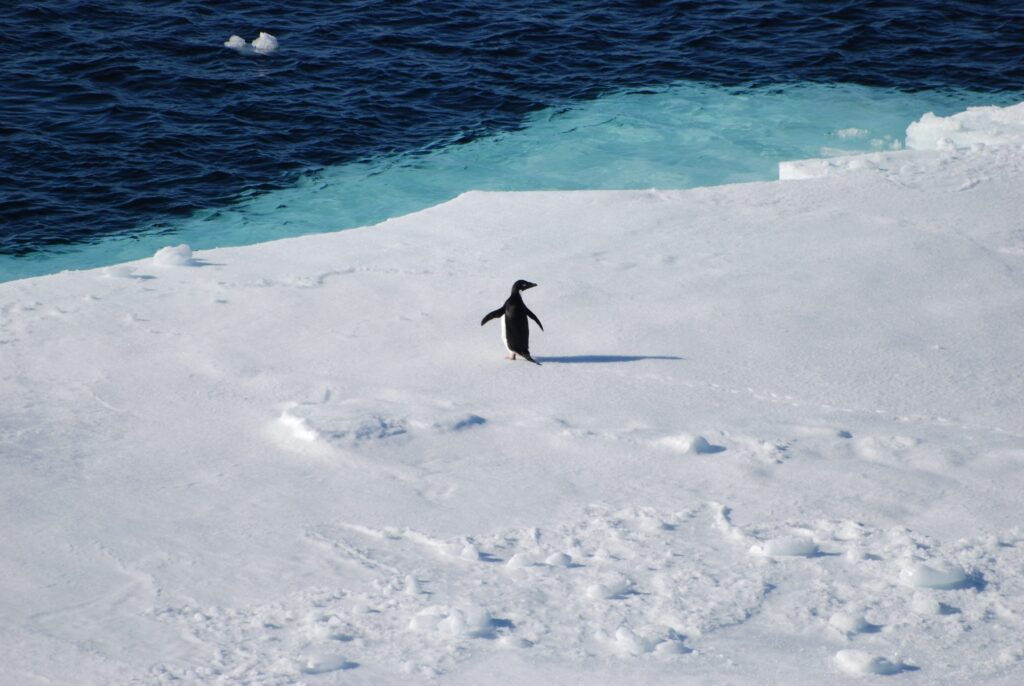An international study led by scientists from the Faculty of Science and Technology of the University of Coimbra (FCTUC) demonstrated the presence of microplastics (particles smaller than 5 mm), such as polyester and polyethylene, among other particles of anthropogenic origin, in penguins in Antarctica.
In this study, in which researchers from the University of Nova de Lisboa, from the National Museum of Natural Sciences (Spain) and the British Antarctic Survey (United Kingdom), stool samples of three penguin species were used – Adelie penguin (Pygoscelis adeliae), bearded penguin (Pygoscelis antarcticus) and gentoo penguin (Papuan Pygoscelis) – collected between 2006 and 2016.
The analyzes carried out allowed to verify the widespread presence of microplastics in all species, colonies and years of study. In addition to plastic particles, other processed particles were found in similar quantities, mostly fibers, which, despite being of natural origin (cellulose), are produced artificially and may have compounds, such as paints, that can persist in the environment.
This study, already published in the journal Science of the Total Environment, according to the authors, «demonstrates that microplastics are increasingly widespread in marine ecosystems, now identified in Antarctica, which is worrying given their persistence in the environment and their accumulation in food chains».
Joana Fragão, lead author of the study and researcher at the Department of Life Sciences at FCTUC and at the Center for Marine and Environmental Sciences (MARE), points out that “the most impressive of the results was to verify that microplastics were present in the diet of the three penguin species, in various locations and in the various years of the study (2006, 2007, 2008, 2012, 2013, 2014 and 2016), which demonstrates that these particles are already widespread in the Antarctic marine ecosystem».
Filipa Bessa, co-author of the study and specialist in microplastic pollution at the UC, says that, «now that we know that several penguin species from remote regions such as Antarctica ingest microplastics, but that there is no specific focus for the origin of these particles, the next step is also to assess the effects of these particles in these environments».
The results obtained, underlines José Xavier, senior author of the scientific article, "will certainly be very useful to open up new areas of research in this theme and advance with policies to reduce the impact of plastic pollution in the Southern Ocean in the context of the Antarctic Treaty" .
In other words, conclude the three FCTUC scientists, "further studies are needed to better understand the spatial-temporal dynamics, fate and effect of microplastics in these ecosystems, and to control plastic contamination in Antarctica."
The scientific article, entitled "Microplastics and other anthropogenic particles in Antarctica: Using penguins as biological sampler", Can it be consulted here.




















Comments